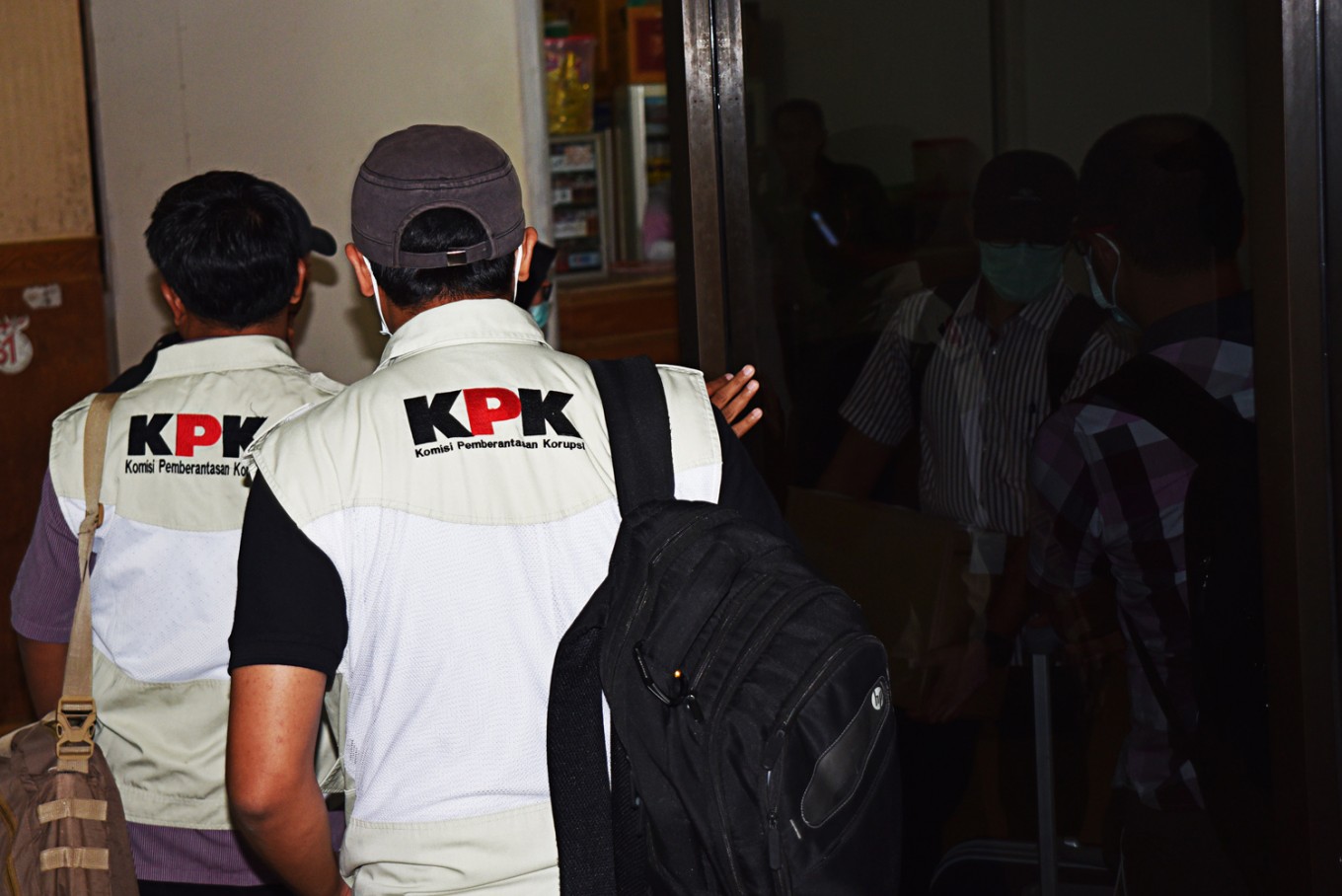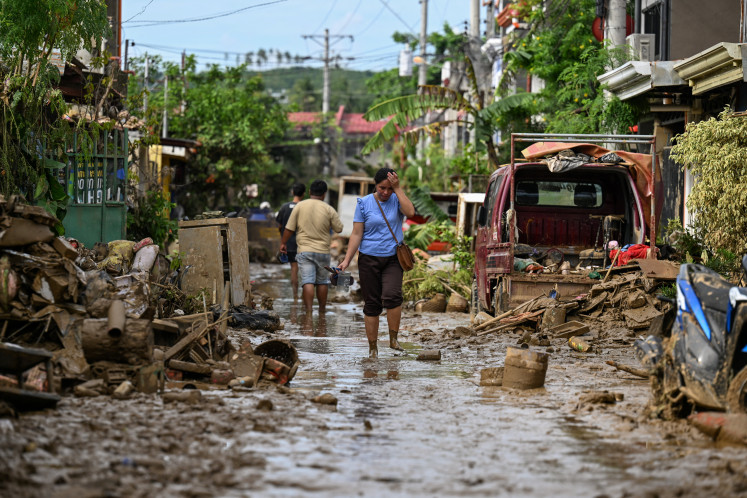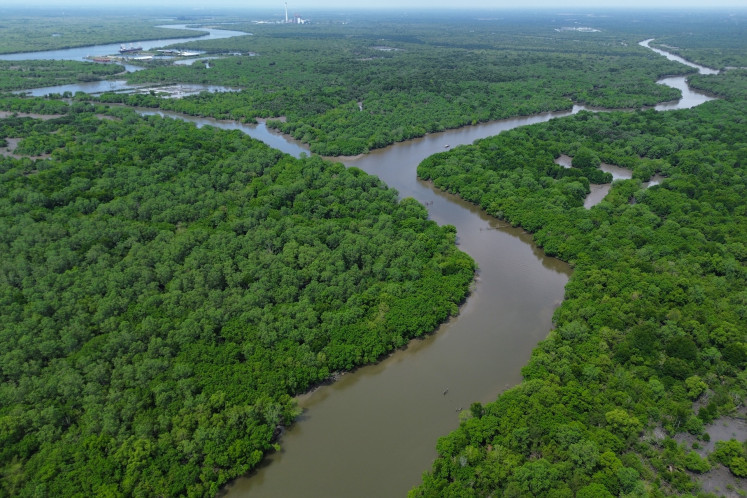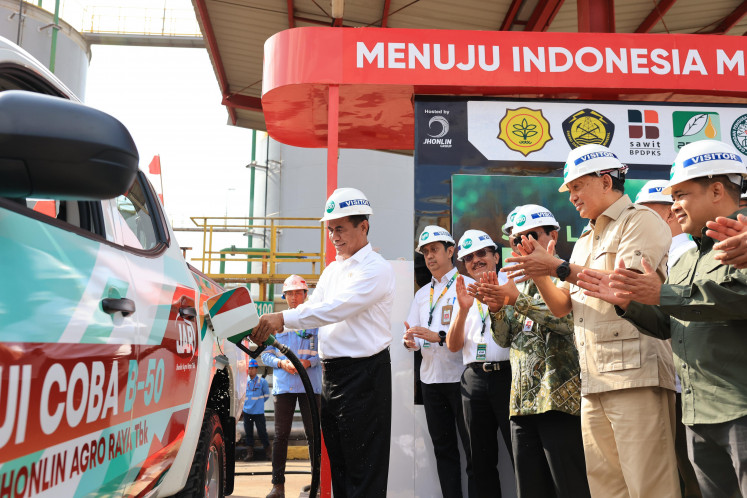Popular Reads
Top Results
Can't find what you're looking for?
View all search resultsPopular Reads
Top Results
Can't find what you're looking for?
View all search resultsPolitical risk of neglecting inequality in Papua
Corruption involving officials and politicians generates popular belief among Papuans that those elites are oblivious of the grassroots’ misery.
Change text size
Gift Premium Articles
to Anyone
I
n early 2017, two much-discussed issues about Papua have been the investigation of corruption in fictitious road projects involving high-level officials in its Public Works Agency office and the Freeport case, which is a battle between the government and the United States-based mining company PT Freeport McMoran in Mimika regency over a contractual issue. In the first case, the Corruption Eradication Commission (KPK) alleges graft in the Jayapura road construction project worth Rp 89 billion (US$6.6 million), implicating a high-level bureaucrat, Michael Kambuaya.
The second case concerns a prolonged contractual issue. The government wants to change the contract of work into a special mining license through which the government wants the company to divest 51 percent of its shares, to which Freeport objects.
The cases share one obvious, but often neglected issue — inequality for the indigenous Papuans. Corruption has been highly pervasive in Indonesia, particularly in Papua.
For years, local aspirations are too easily branded as political ideas about the independence movement. Neglect of the two current cases would bring two consequences.
First, the relative neglect of the grassroots voice will result in more deep grievances toward the local and national governments, as well as multinational companies in Papua.
Corruption involving officials and politicians generates popular belief among Papuans that those elites are oblivious of the grassroots’ misery.
Since 2012, some regents and local politicians in Papua have been involved in abuse of public expenditures. In 2013, the regent of Sarmi was involved in a corruption case related to the use of the local budget to renovate his house. Reports in 2014 highlighted alleged misuse of Rp 22 billion of the local budget for personal interest by 44 West Papua provincial legislative council members.


















